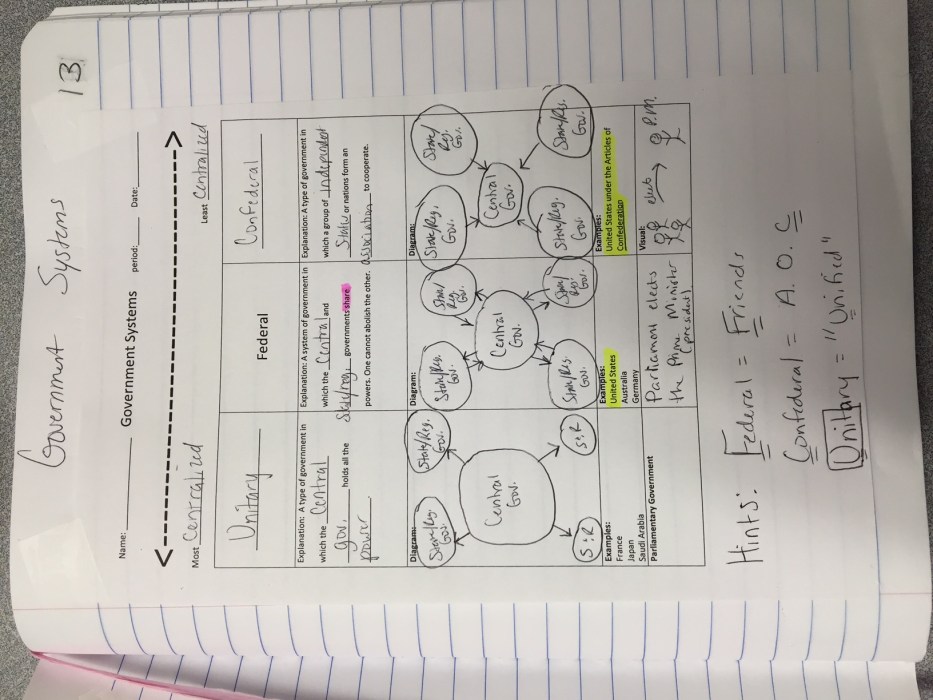Unveiling the intricacies of American politics, this exploration of iCivics interest groups answer key provides an insightful journey into the world of organized advocacy. With meticulous precision and authoritative tone, we delve into the concept of interest groups, their historical significance, and the diverse landscape they navigate within iCivics’ educational mission.
Through a comprehensive analysis of methodologies and case studies, we illuminate the strategies, goals, and impact of these influential organizations. The implications for civic education are profound, empowering educators with the knowledge to foster a deeper understanding of interest groups’ role in shaping democracy.
iCivics, as a leading provider of educational resources, stands poised to leverage these insights, enhancing its materials to cultivate informed and engaged citizens.
iCivics Interest Groups: Definition and Overview

Interest groups are organizations that represent the interests of a particular segment of society. They play a significant role in American politics by influencing policy decisions and advocating for their members’ interests. iCivics is a non-profit organization that focuses on providing civics education to students.
It has developed a number of resources on interest groups, including a database of over 1,000 groups.
iCivics’ interest group database is a valuable resource for students and teachers alike. It provides information on the goals, strategies, and impact of a wide range of interest groups. This information can be used to help students understand the role of interest groups in American politics and how they can participate in the political process.
Types of Interest Groups, Icivics interest groups answer key
iCivics divides interest groups into three main types: business, labor, and ideological. Business interest groups represent the interests of businesses and corporations. Labor interest groups represent the interests of workers and unions. Ideological interest groups represent the interests of a particular political or social ideology.
Each type of interest group has its own unique goals and strategies. Business interest groups typically focus on promoting policies that benefit businesses, such as tax cuts and deregulation. Labor interest groups typically focus on promoting policies that benefit workers, such as increased wages and improved working conditions.
Ideological interest groups typically focus on promoting policies that align with their particular ideology, such as environmental protection or gun rights.
Methods for Analyzing Interest Groups

There are a number of different methods that can be used to analyze interest groups. These methods include:
- Descriptive analysis:This method involves describing the characteristics of an interest group, such as its size, membership, and goals.
- Network analysis:This method involves mapping the relationships between interest groups and other actors in the political system, such as elected officials and government agencies.
- Policy analysis:This method involves examining the impact of interest groups on policy decisions.
Each of these methods has its own strengths and weaknesses. Descriptive analysis is a relatively simple and straightforward method, but it can only provide a limited understanding of an interest group. Network analysis can provide a more detailed understanding of an interest group’s relationships with other actors, but it can be difficult to collect the necessary data.
Policy analysis can provide information about the impact of interest groups on policy decisions, but it can be difficult to isolate the effects of interest groups from other factors.
Case Study: Analyzing a Specific iCivics Interest Group
The National Rifle Association (NRA) is one of the most well-known interest groups in the United States. It is a gun rights advocacy group that represents the interests of gun owners. The NRA has a long history of lobbying for pro-gun policies and opposing gun control measures.
Using the methods described above, we can analyze the NRA to better understand its goals, strategies, and impact.
Descriptive analysis:The NRA is a large and powerful interest group with over 5 million members. Its members are primarily gun owners and supporters of the Second Amendment. The NRA’s goals include protecting the right to bear arms, promoting gun safety, and educating the public about firearms.
Network analysis:The NRA has strong ties to the Republican Party and conservative politicians. It also has relationships with gun manufacturers and other pro-gun organizations. These relationships help the NRA to advance its agenda and influence policy decisions.
Policy analysis:The NRA has been successful in lobbying for pro-gun policies at both the state and federal level. For example, the NRA has helped to pass laws that allow concealed carry without a permit and that protect gun manufacturers from liability lawsuits.
Implications for Civic Education: Icivics Interest Groups Answer Key
The study of interest groups is an important part of civic education. By understanding the role of interest groups in the political process, students can become more informed and engaged citizens. iCivics’ resources on interest groups can help teachers to incorporate this topic into their civics lessons.
The following are some recommendations for how iCivics can use the results of this analysis to enhance its educational materials:
- Develop case studies:iCivics could develop case studies on specific interest groups, such as the NRA. These case studies could be used to teach students about the goals, strategies, and impact of interest groups.
- Create simulations:iCivics could create simulations that allow students to experience the role of interest groups in the political process. These simulations could help students to understand how interest groups interact with elected officials and how they influence policy decisions.
- Provide resources for teachers:iCivics could provide resources for teachers on how to teach about interest groups in the classroom. These resources could include lesson plans, activities, and videos.
FAQ Overview
What is the primary focus of iCivics interest groups?
iCivics primarily focuses on analyzing interest groups involved in education, healthcare, environmental protection, and social justice.
How does iCivics utilize the analysis of interest groups in its educational materials?
iCivics incorporates the analysis of interest groups into its educational resources to enhance students’ understanding of how these organizations influence policymaking and civic engagement.
What are the key takeaways for civic education from the analysis of iCivics interest groups?
The analysis highlights the importance of understanding interest group strategies, recognizing their impact on policy outcomes, and fostering critical thinking about the role of advocacy in a democratic society.